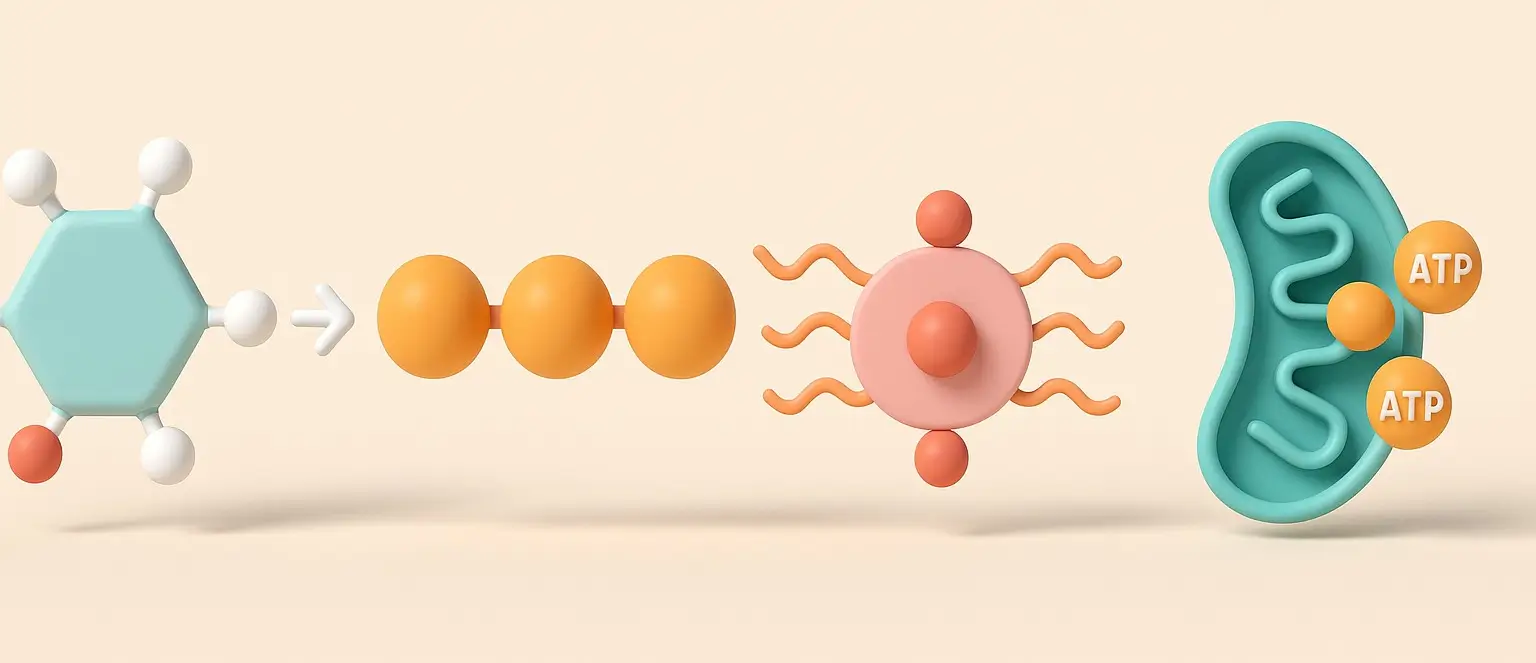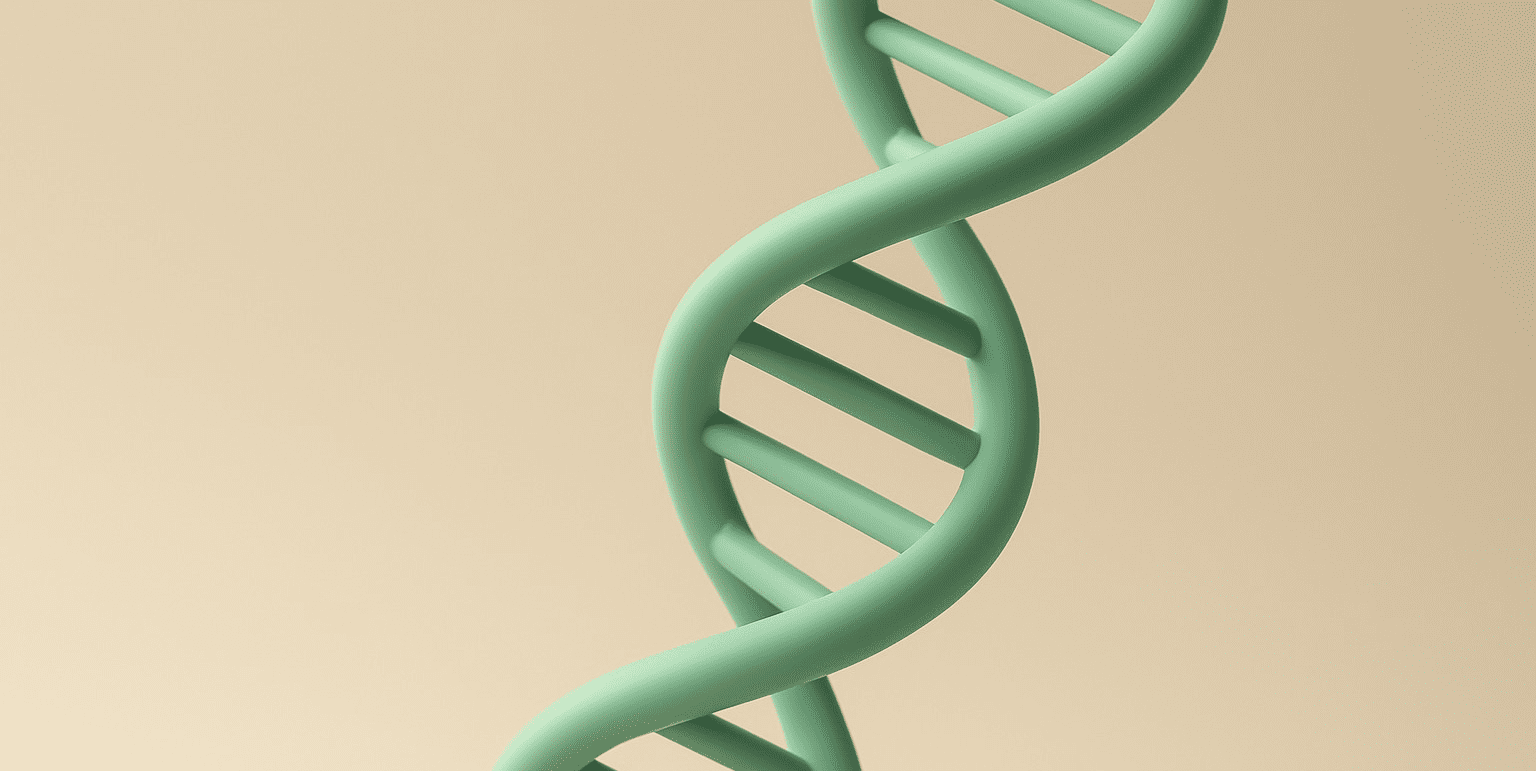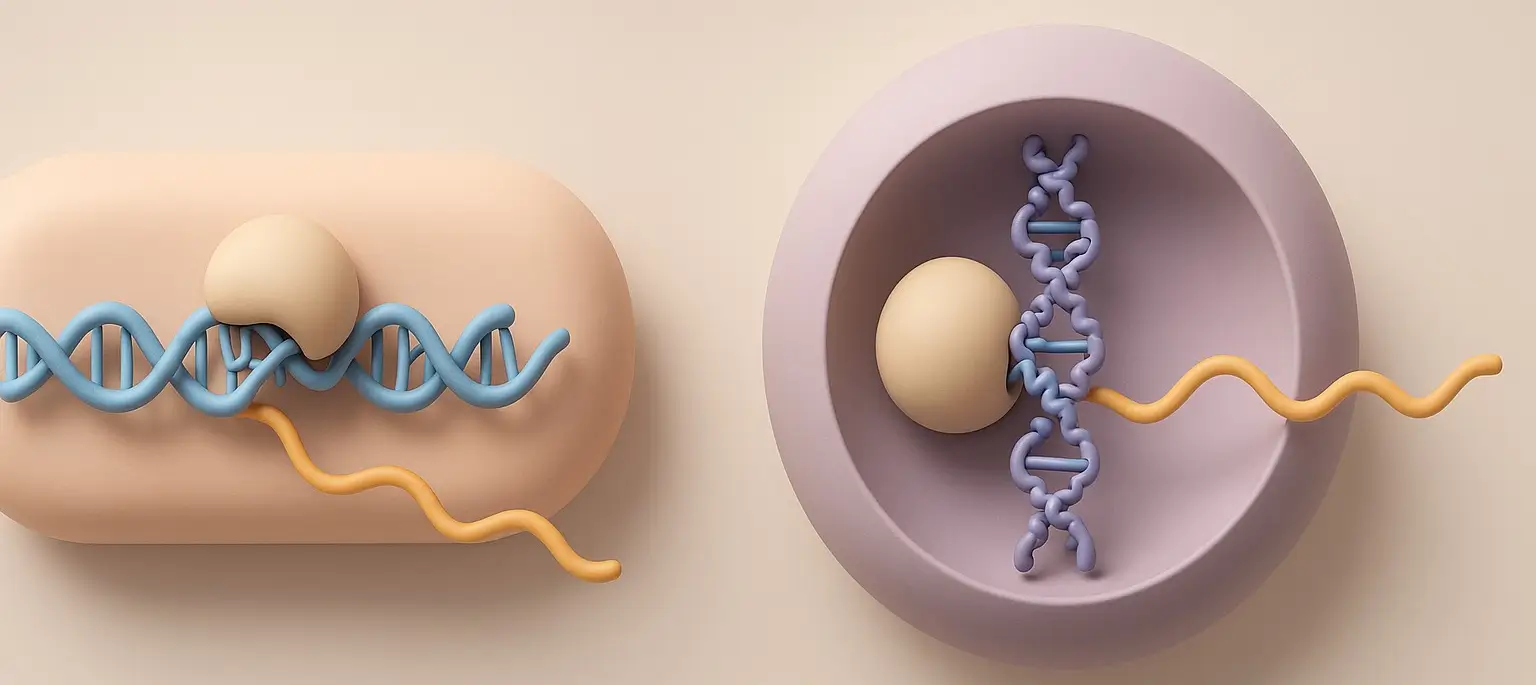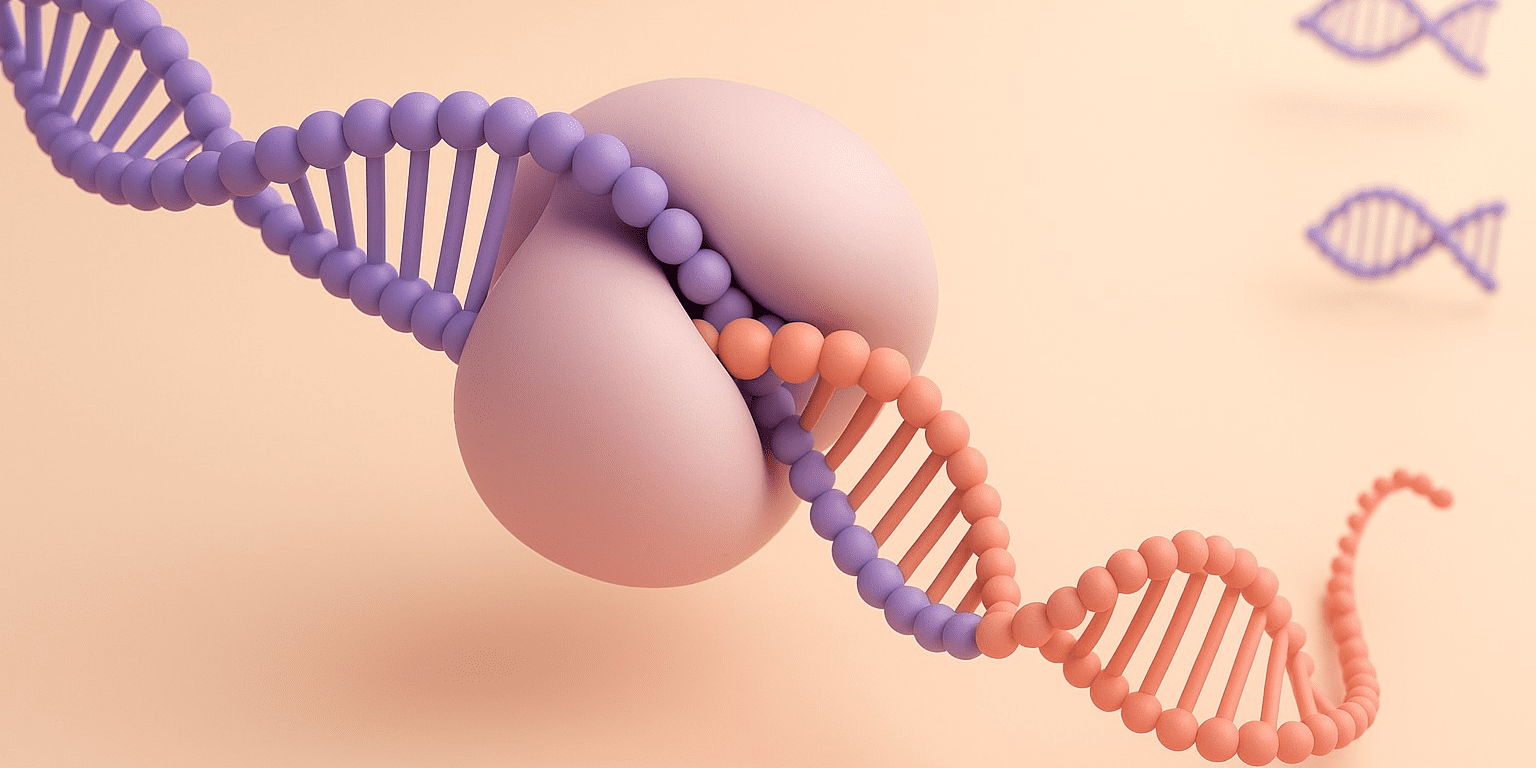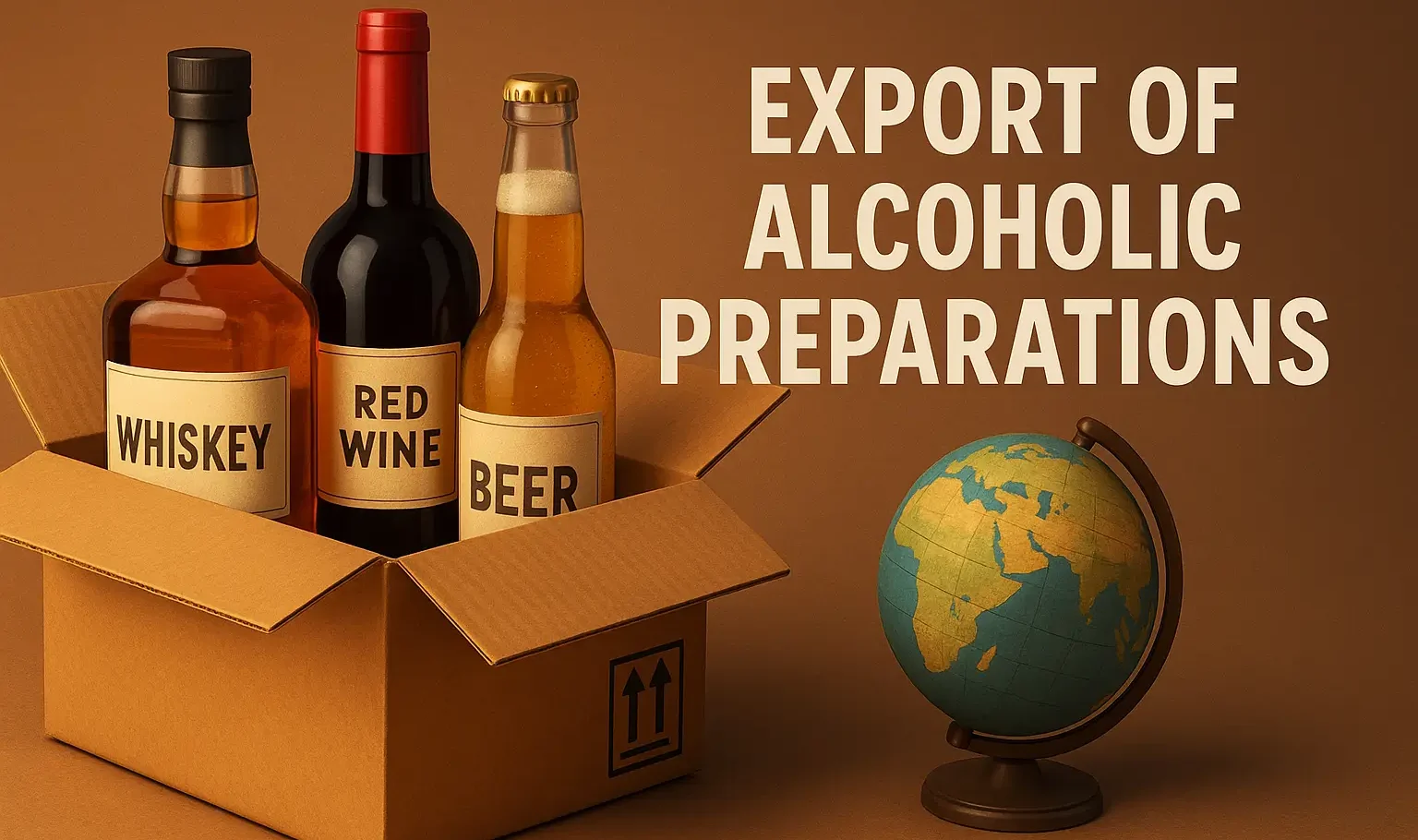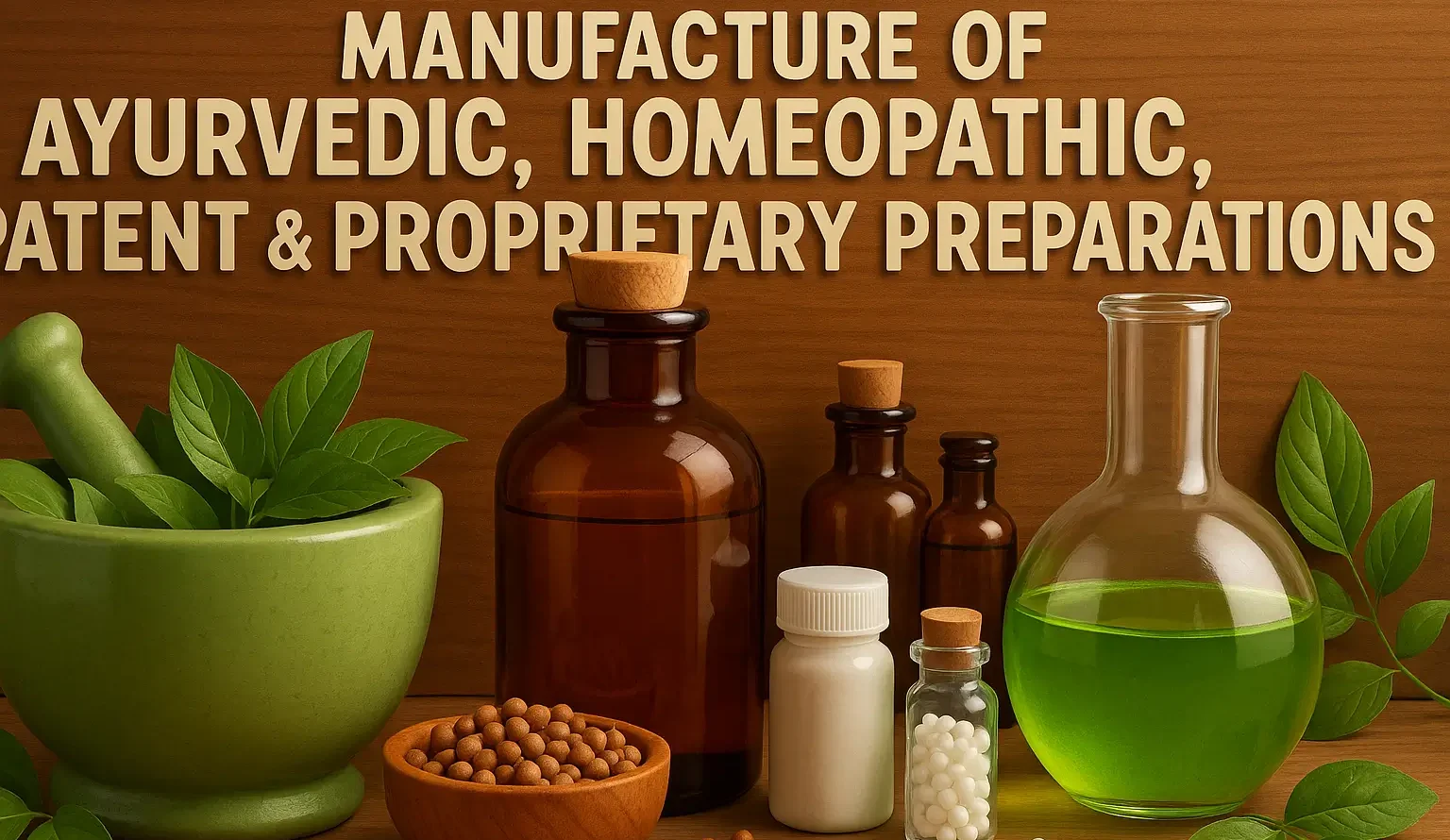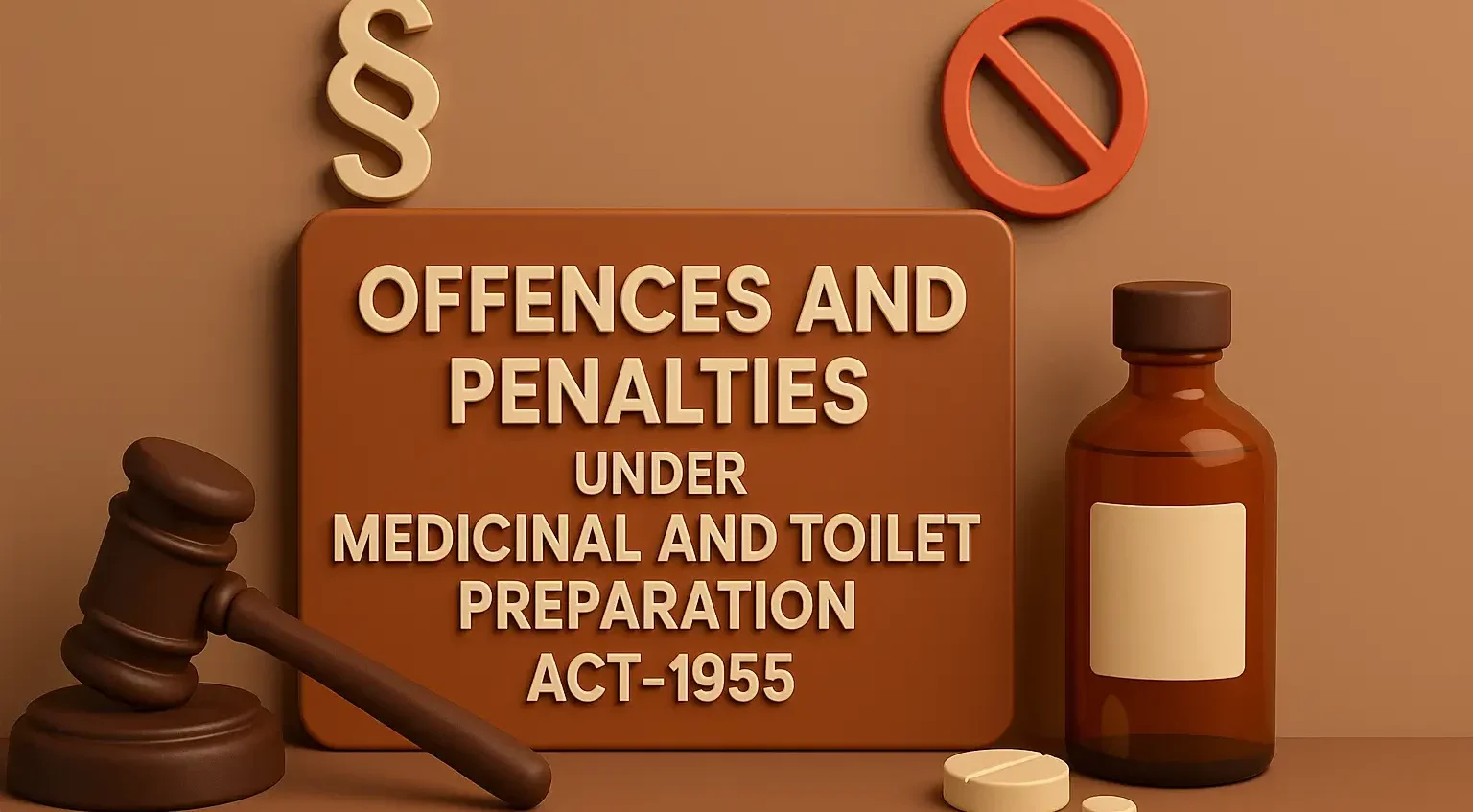Metabolism Carbohydrate: Key Stages
Carbohydrate metabolism involves the synthesis, breakdown, and transformation of carbohydrates, primarily for energy production. Let’s delve into the key stages of carbohydrate metabolism in a detailed and organized manner: Glycolysis Location: Cytoplasm of the cells Process: The conversion of glucose (a six-carbon molecule) into two molecules of pyruvate (three carbons each). Energy Yield: 2 ATP … Read more

